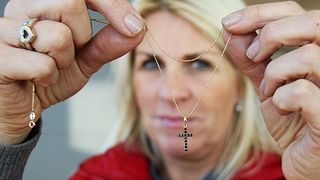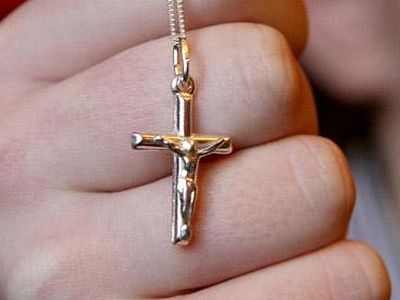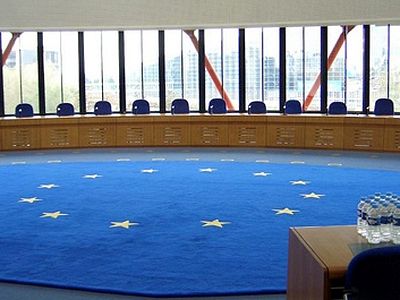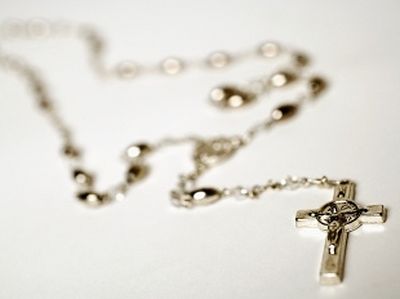Oslo, November 13, 2013

Some viewers - mainly members of a local Muslim community - protested against this, claiming that "a necklace with a Cross insults Islam" and "this symbol does not guarantee impartiality of the TV channel".
The journalist, one of the best known and the most popular on the Norwegian public television, was suspended and prohibited from hosting her programs, "lest she should be a source of discord and crimes".
This case, as the newspaper notes, is similar to the story of Nadia Eweida, a Christian employee of British Airways, who after seven years won her legal battle. The European Court of Human Rights (ECHR) recognized that the lady had been discriminated against.
In January 2013, the ECHR passed a judgment on the cases of four Christians from Great Britain. These dealt with violation of the article 9 of the European Convention for Protection of Human Rights, according to which, every person has a right to the free expression of his/her own opinion, to freedom of conscience and religion.
The court satisfied the claim of the former employee of the British Airways Nadia Eweida, who had been ousted for wearing a cross, and compelled British Airways to pay her 32,000 euros as compensation. But three other claims were rejected.
The court ruled that the Devon and Exeter NHS Trust Hospital was right when it demanded the nurse Shirley Chaplin to take off her cross as it "posed a risk to safety and hygiene". The plaintiff herself asserted that she had lost her job following the refusal to remove her cross.
The ECHR did not satisfy the claims of Gary McFarlane and Lillian Ladele either. Gary McFarlane, a Christian, and a therapist from Bristol, refused to give counsel to homosexual couples regarding sexual relations. He was fired for that. Lillian Ladele, a registrar for the London borough of Islington, was subjected to a disciplinary punishment for refusing to register same-sex civil unions.



